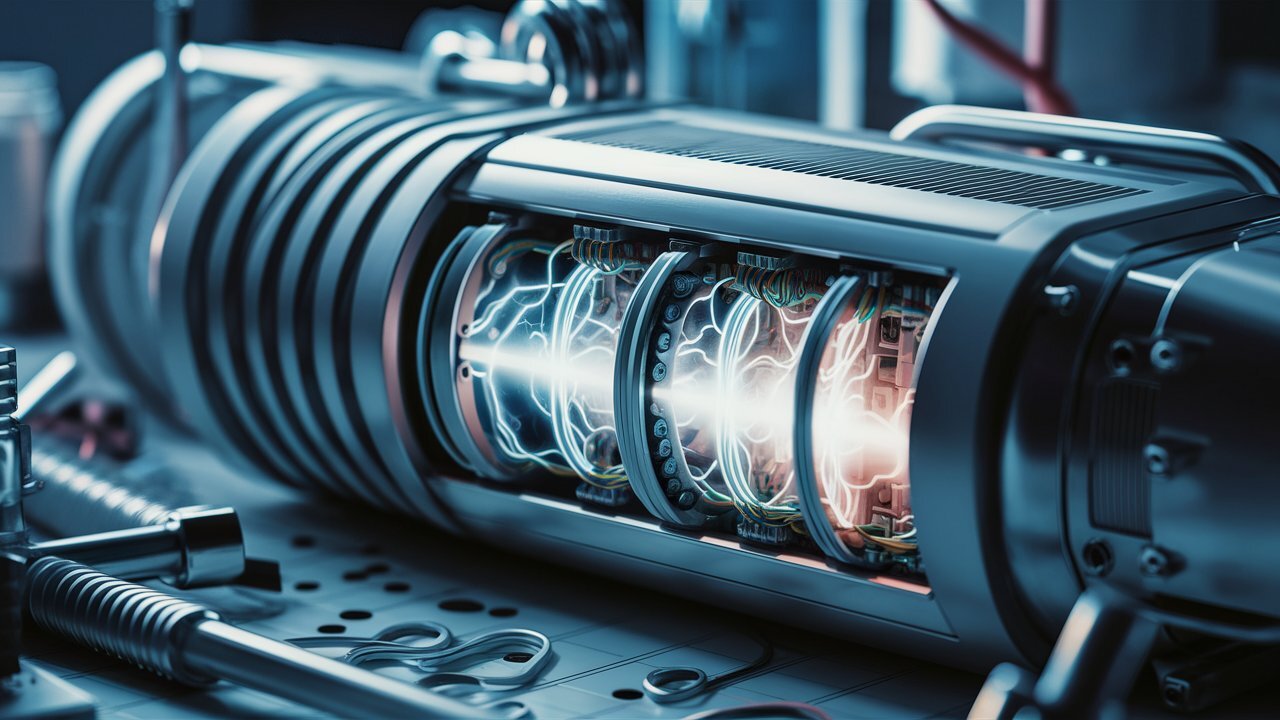The development of solar and wind energy requires advanced energy storage systems. Conventional batteries are not always suitable, and the production of modern materials can be harmful to the environment.
Researchers in the United States have proposed using chicken fat as a carbon source to create supercapacitor electrodes. They heated the oil and collected the soot formed in the process. Under the microscope, it turned out that this soot consists of special carbon nanoparticles similar to the layers of an onion.
Scientists then applied a special solution to these particles, improving their electrical conductivity. An electrode for a supercapacitor was made from the resulting material. Tests have shown that such an electrode has a high capacity and can store energy efficiently.
The study authors also showed that a chicken fat-based supercapacitor could power LEDs. This paves the way for the creation of greener, more cost-effective food sources from food waste.
Source: Ferra
I am a professional journalist and content creator with extensive experience writing for news websites. I currently work as an author at Gadget Onus, where I specialize in covering hot news topics. My written pieces have been published on some of the biggest media outlets around the world, including The Guardian and BBC News.











